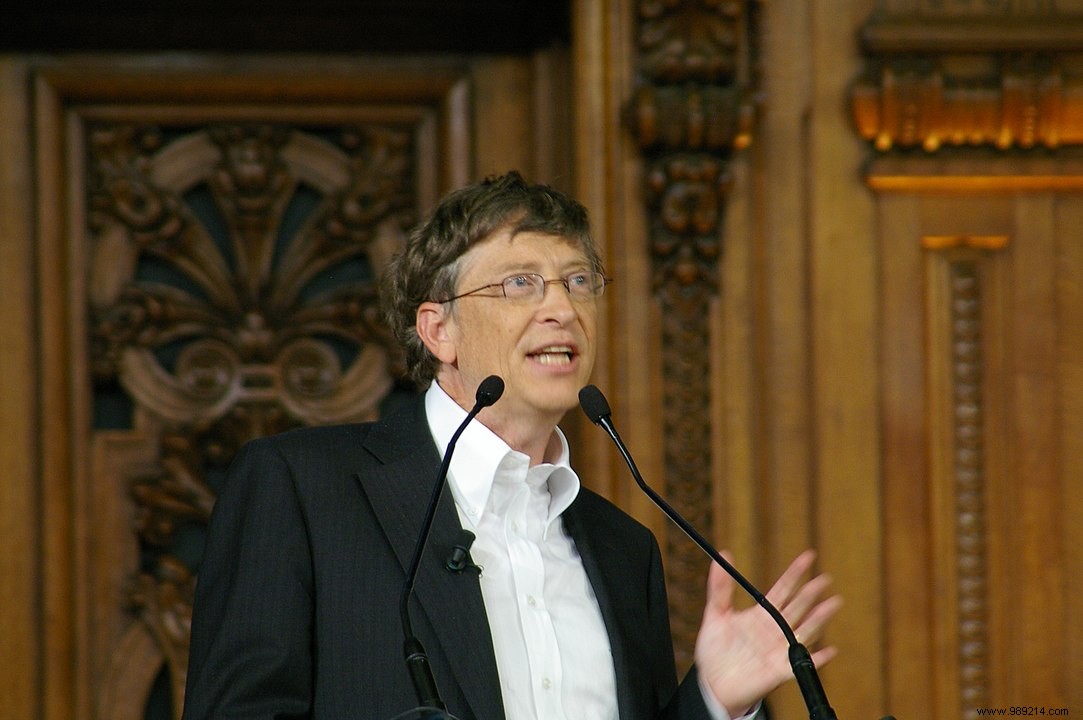Years before the Covid-19 pandemic broke out, Bill Gates tried to warn world leaders about the threat of new infectious diseases . But few of them listened to him.
Over the past few years, Bill Gates has repeatedly alerted us to the threat of a highly infectious virus. One of his most publicized warnings today remains his speech more than five years ago at a TED talk, where he claimed that the greatest potential killer the world would face in the next few decades would not be war, but a pandemic.
“Not missiles, but microbes “, he had declared, deploring in passing that we have invested so much in the means of nuclear deterrence, and so little in health prevention.
Aware of the threat, the co-founder of Microsoft, through the Bill &Melinda Gates Foundation, has therefore spent hundreds of millions of dollars over the past decade to find faster ways to develop vaccines , and create disease monitoring systems.
The billionaire also, in parallel, urged world leaders to better guard against potential new infectious diseases. In particular, he expressed his personal concerns to Donald Trump, newly elected in 2016, during a meeting held at his New York headquarters.
Bill Gates has also met with other high-ranking people around the world over the past few years to discuss this pandemic risk. Without much result.

Today, and despite his best efforts, Bill Gates has regrets. In a recent interview with the Wall Street Journal , the billionaire said he felt "bad for not "having done more » to warn leaders of the threat of a pandemic. “The whole point of talking about it was that we could take action and minimize the damage .
Bill Gates also described the ongoing Covid-19 pandemic as the “most dramatic event which happened during his lifetime. He also assured that 250 million dollars would soon be spent – again via the foundation, first private contributor to the budget of the World Health Organization (WHO) – to support vaccine development, strengthen health systems in Africa and South Asia and provide them with essential medical supplies.
As a reminder, the Covid-19 pandemic has, to date, infected more than 4,222,000 people, and killed more than 288,000 of them, according to data from Johns Hopkins University.